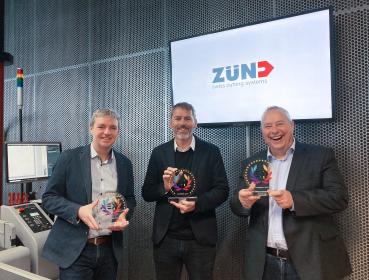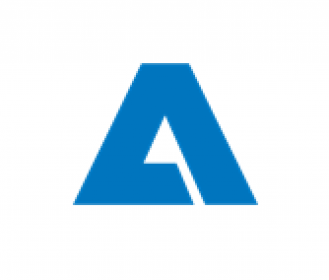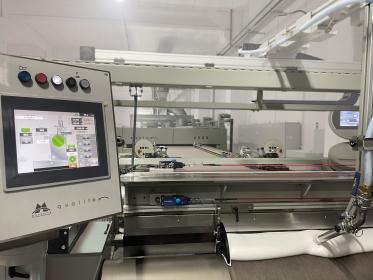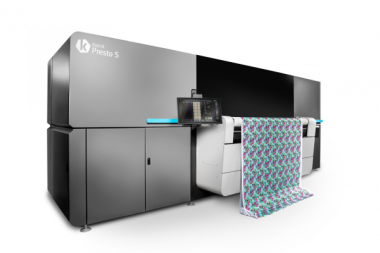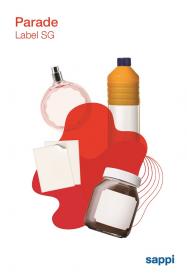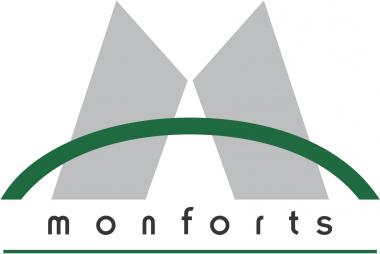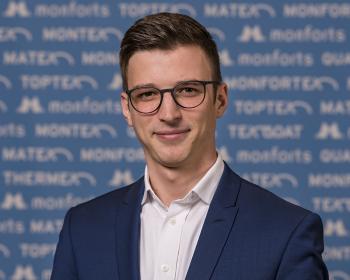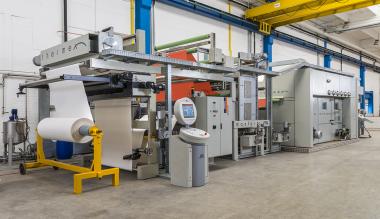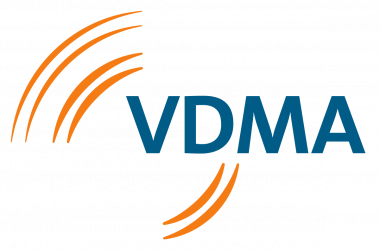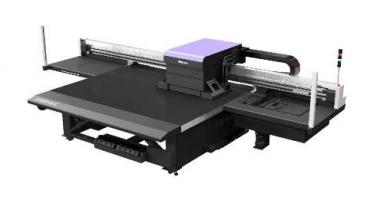Zünd: Award-winning software tools for automated cutting
Zünd has evolved into a complete solutions provider in cutting/finishing workflows and automation. The market leader in digital cutting systems offers customers tailor-made workflow solutions for every step of digital production. In recognition of the wide-ranging benefits and exceptional price-performance ratio of these software solutions, a jury of experts from the European Digital Press Association EDP awarded them the distinction of «Best in Class».
Zünd receives EDP awards for three of its software tools. The jury declares PrimeCenter the «Best Workflow Solution», while the Pick&Place Interface Option and the Visualizing Option are recognized as «Best in Robotics» and «Best Print Support Tool», respectively.
Zünd is known worldwide for its advanced, high-performance digital cutting systems «made in Switzerland». For some time now, the Swiss manufacturer has also been making a name for itself with user-friendly automation software such as PrimeCenter for prepress, as well as the Visualizing Option and the Pick&Place Interface Option for digital production. The latter are two highly effective solutions for removing/unloading cut parts, offering visual support and robot integration, respectively. On account of its exceptional know-how and consulting expertise,
- PrimeCenter automation software serves as control center for creating print & cut files and enables a highly efficient and productive prepress workflow. In a few clicks, users create fully nested print & cut jobs.
- The Pick&Place Interface Option lets Zünd Cut Center – ZCC control a robotic device, enabling fully automated parts removal—picking, sorting, and placing at pre-defined locations.
- The Visualizing Option provides visual support for parts removal. Cut parts are labeled via projection or monitor. The user is able to see at a glance which parts belong to which job and can apply labels for continuous Track&Trace.
For more than ten years, EDP has been evaluating products and developments in the graphics industry for excellence and for commendation through an evaluation process involving the EDP technical committee, a jury of experts, and finally, a general award assembly of EDP members.
Zünd Systemtechnik AG


